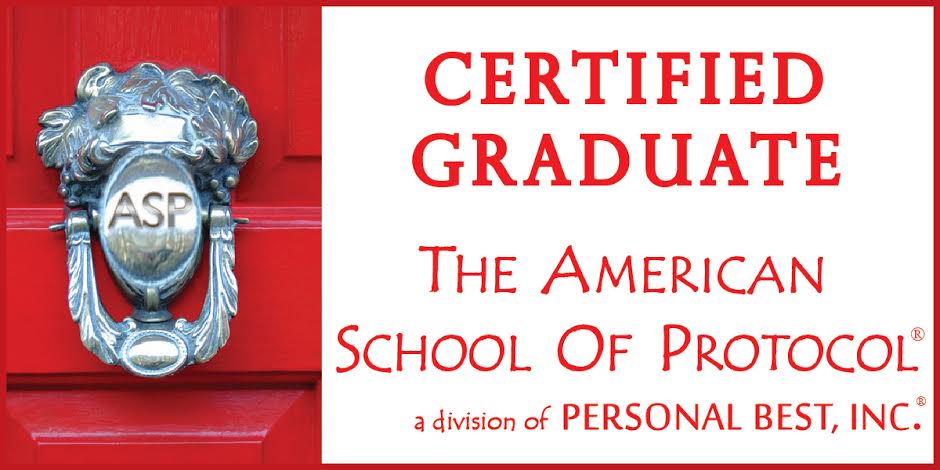Preparing young people to become responsible, productive citizens is an awesome task. Genetics, environment, and society all have input toward the end result, but as parents and caregivers our duties are endless. The responsibility we bear is twofold: we have children whom we love, nurture, and indulge; and we attempt to mold these ego-centered folks into adults who will, in turn, love, nurture, and indulge.
One of the most important foundations a parent can instill in their children is the importance and necessity of good etiquette. Good etiquette will serve them when education and status cannot.
Teaching a child good etiquette anchors them in the practice of civility. Civility is the most important facet of a progressive society. It promotes mutual respect and affords us the opportunity to live in a diverse society. It is each citizen’s responsibility to promote and practice civil behavior. It is the parent’s responsibility to ensure young people understand their role in a civil society.
Teaching children the basic tenets of etiquette—respect, consideration, kindness, inclusion, and service—is the first step. Good etiquette skills allow young people to always feel confident and capable. Conflict resolution, bullying, isolation, and diversity issues can all be positively addressed by knowing etiquette. Here are some examples of this:
- Understanding basic communication skills. Any child can be taught the importance of introductions. Young people must be taught how to introduce themselves and others. They should know how to extend a handshake and give an appropriate greeting.
- Understanding honorifics (terms of respect when addressing someone), and the importance of using them. Teaching children to address others respectfully prepares them for the larger society. Our dreams for young people should be for them to move freely and confidently in any chosen arena. It is our responsibility to make sure they have the tools to do so. Knowing how to use honorifics properly and respectfully is one such tool.
- Understanding dining guidelines. The human race is comprised of social beings, and sharing meals is one way we communicate and connect. Many important decisions are made during mealtimes. The prominence of meals in our lives calls for us to know the guidelines of dining, and young people should be taught that proper dining skills will be essential to their lives. We should insist children learn how to properly navigate the dining table; this includes proper utensil use, napkin use, and understanding the place setting. Lack of these skills will most likely draw unwanted attention and, in some instances, make them suffer exclusion.
Etiquette instruction should start early and continue throughout adulthood. Each phase of life brings new opportunities for increasing our etiquette skills. Giving access to etiquette instruction will allow a young person to be at ease during any professional or social interaction.
Our children will become physicians, attorneys, judges, educators, and any number of other professions available to them. Our quest to provide the best educational opportunities must also involve an attention to their social education.
